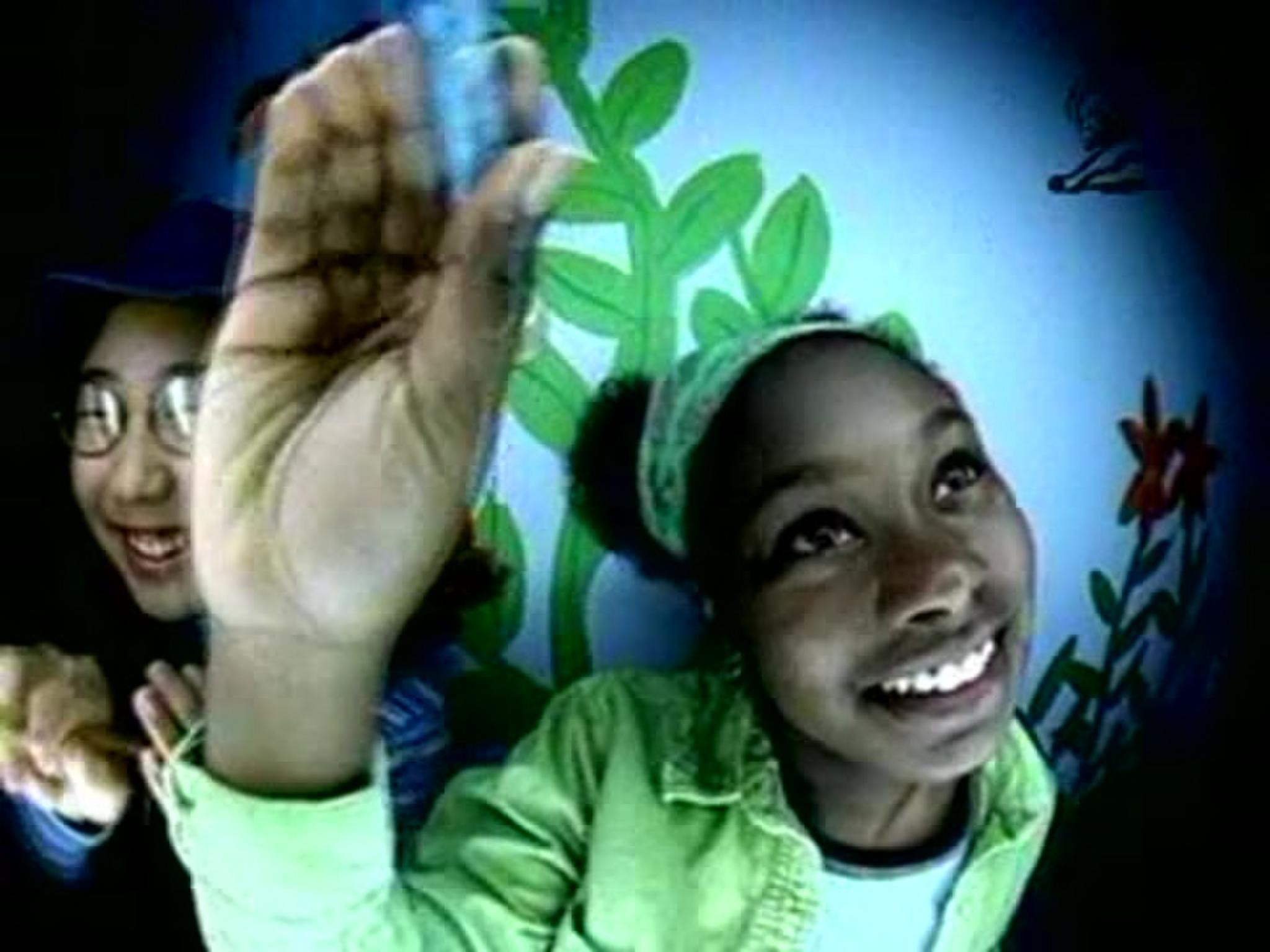Cannes Lions
It Takes A Village
SCREENCRAFT MEDIA, Fyshwick / WORLD HEALTH ORGANISATION / 2023


Overview
Entries
Credits
OVERVIEW
Background
One of the World Health Organization Sustainable Development Goals is to reduce the global maternal mortality ratio.
Papua New Guinea has one of the highest maternal mortality ratios in the world and these deaths are largely the result of preventable or treatable conditions. Approximately 215 women die per 100,000 live births.
The brief from the WHO was to create an entertainment-education TV show to to bring about behaviour change in PNG by educating men and women on the importance of early care-seeking behaviour for antenatal care and supervised delivery at a health facility, as well as family planning.
The objective was to encourage more active participation by men and their community during pregnancy and childbirth, and to help them identify the risks and danger signs early.
With low literacy levels in PNG, the show was developed to be watchable by a wide audience, by including other community elements in storylines.
Idea
With low literacy levels in PNG, and a population spread across mainly non-urban areas, the creative idea was borne out of a need to communicate important maternal health messages to a mass audience, in an easily digestible format. TV drama is a useful vehicle through which important social and health messages can be delivered, with audiences recognising characters or elements of their own lives.
The storylines are based on real stories, and the experience of a flying doctor in one of the regions of PNG. The episodes have been developed to be watchable by a wide audience by including elements such as rugby league (which is hugely popular in PNG) and family drama.
Filmed on location with PNG actors, the show is the first locally produced drama series in PNG.
The creative approach was to showcase the stunning scenery of PNG, and their strong connection to family and community.
Strategy
The target audience for the show is PNG males, as they tend head households and make family decisions, especially around health care. The goal was to educate men on their role in pregnancy and childbirth by showing them (through drama) how their decisions can lead to life or death.
The secondary audience are all PNG people, as it is important that communities are aware of the importance of supporting women during pregnancy.
The pilot episode was developed in consultation with the World Health Organisation and the PNG Department of Health.
The impact of this pilot episode was tested by WHO, with analysis before viewing the pilot finding that maternal and newborn health (MNH) was not perceived as one of the most important health issues facing communities in PNG. After viewing the episode, their answers changed, proving the pilot positively influenced panellists’ awareness, attitudes and intended behaviours relating to MNH.
Execution
The execution of the project spanned the pandemic, with learnings from episode one shaping the development of the following episodes.
Episode one was filmed in late 2019, with additional episodes due to follow in 2020 until paused by the pandemic. Episode one was aired on PNG national TV in mid 2020, with production resuming in early 2022.
The show aired across PNG on NBC, TVWAN, EMTV, and aired across the South Pacific via PacificAus TV. In Australia, the show aired on NITV and SBS On Demand.
The show employed 40 PNG cast and crew, supported by an Australian production team, with pre and post-production in Australia.
The show received widespread news coverage at its official launch in July 2022, with enthusiastic social media engagement, echoing the key messages the show was conveying.
We produced a song called "Mama" which still plays on the radio in PNG to promote maternal health.
Similar Campaigns
8 items






